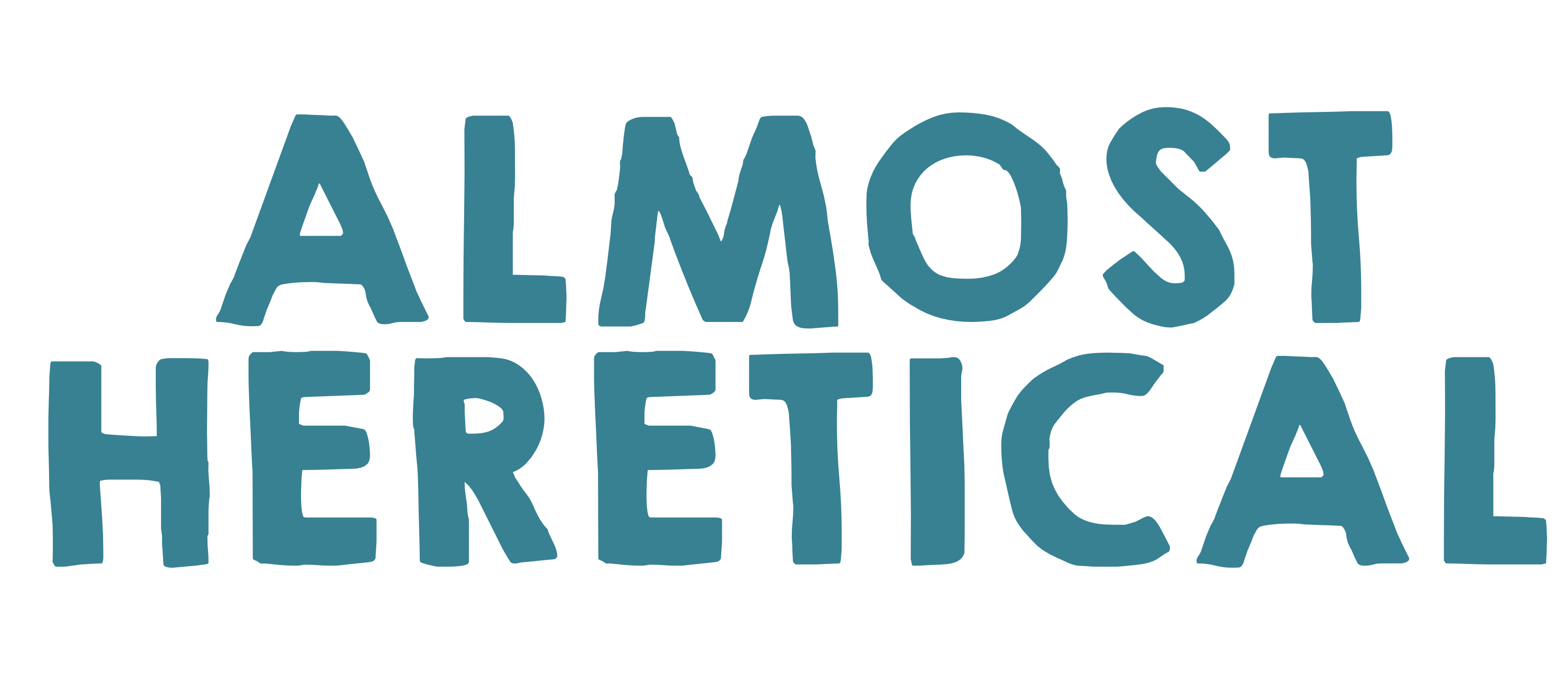Power and Privilege in Biblical Stories: A Closer Look at David
What do the stories of the Hebrew Bible reveal about power and privilege, especially in the lives of its key figures? In this episode of Almost Heretical, we kick off a two-part series with Nate and Tim, delving into the narrative of David and Bathsheba from a fresh perspective. Often celebrated as a hero, David’s actions raise questions about leadership and responsibility. Join us as we explore the cultural context of these ancient texts and what they might mean for us today.
A New Lens on David’s Story
The story of David and Bathsheba, found in 2 Samuel 11, is a familiar tale in the Hebrew Bible. David, the king of Israel, stays behind while his army goes to , and from his palace roof, he notices Bathsheba, the wife of Uriah. Sending for her, David brings her into his household, and later, after Uriah’s death, marries her. The prophet Nathan confronts David with a parable about a rich man stealing a poor man’s lamb, equating Bathsheba to property belonging to Uriah. The rebuke centers on David’s misuse of his authority, not on Bathsheba’s experience, reflecting the societal norms of the time where women’s voices were often sidelined. This narrative sets the stage for a deeper examination of power dynamics in biblical storytelling.
Context Shapes the Narrative
Understanding these stories requires looking at the cultural backdrop of ancient Israel. The Hebrew Bible, written in a patriarchal society, often frames events through the lens of male honor and privilege. In David’s case, his decision to stay home while others fought highlights a departure from expected leadership, suggesting an of his royal position. The parable Nathan uses—comparing Bathsheba to a lamb—underscores how women were sometimes viewed as part of a man’s estate, a perspective that clashes with modern values of equality. Tim notes that this focus on power isn’t a modern obsession but a theme the biblical authors themselves emphasized, using stories to critique those who wielded authority irresponsibly.
Scholarship and Interpretation
Recent biblical scholarship offers intriguing insights into these narratives. Researchers like Sandie Gravett and Jennifer Andruska have analyzed the language of 2 Samuel 11:4, where David “takes” Bathsheba, suggesting it implies a non-consensual act due to the power imbalance. Unlike phrases like “to lie with” or “to know,” which can indicate mutual relationships in other contexts, “to take” combined with “lie with” stands out as atypical, hinting at an imposed action. Translation history further supports this, with early scribes and rabbis emphasizing David’s responsibility, avoiding blame on Bathsheba. This scholarly lens invites us to reconsider how we read these texts, recognizing the influence of ancient power structures.
Connections Across Scripture
The David and Bathsheba story echoes earlier narratives, such as Judah and Tamar in Genesis. Judah, an ancestor of David, abuses his privilege by neglecting Tamar, only to be exposed through her clever ruse. Similarly, Joseph faces a test of integrity with Potiphar’s wife, contrasting with Judah’s actions. These paired stories suggest a recurring theme: power can corrupt, and its misuse often involves exploiting the vulnerable. David’s throne, linked to Judah’s line, amplifies this parallel, positioning him as a flawed ruler whose choices mirror Judah’s failings rather than Joseph’s virtue. This literary pattern encourages readers to look beyond surface details for deeper lessons.
What It Means for Us
These stories challenge us to think critically about leadership and responsibility. The Hebrew Bible doesn’t shy away from portraying its heroes’ flaws, using them to reflect on the consequences of power. For modern readers, this raises questions about how we interpret ancient texts in light of today’s values. Should we see these narratives as historical snapshots or as guides for behavior? The episode teases a second part where we’ll explore how to respond to these challenges, blending biblical study with contemporary insights. It’s a journey that invites us to wrestle with the past while shaping our present faith.
Join the Conversation
Have these insights shifted how you view biblical figures like David? What do you think about the role of power in these stories? Share your thoughts at almostheretical.com, and consider joining our Patreon community for bonus content. Thanks for listening—we’ll see you next time for part two!

